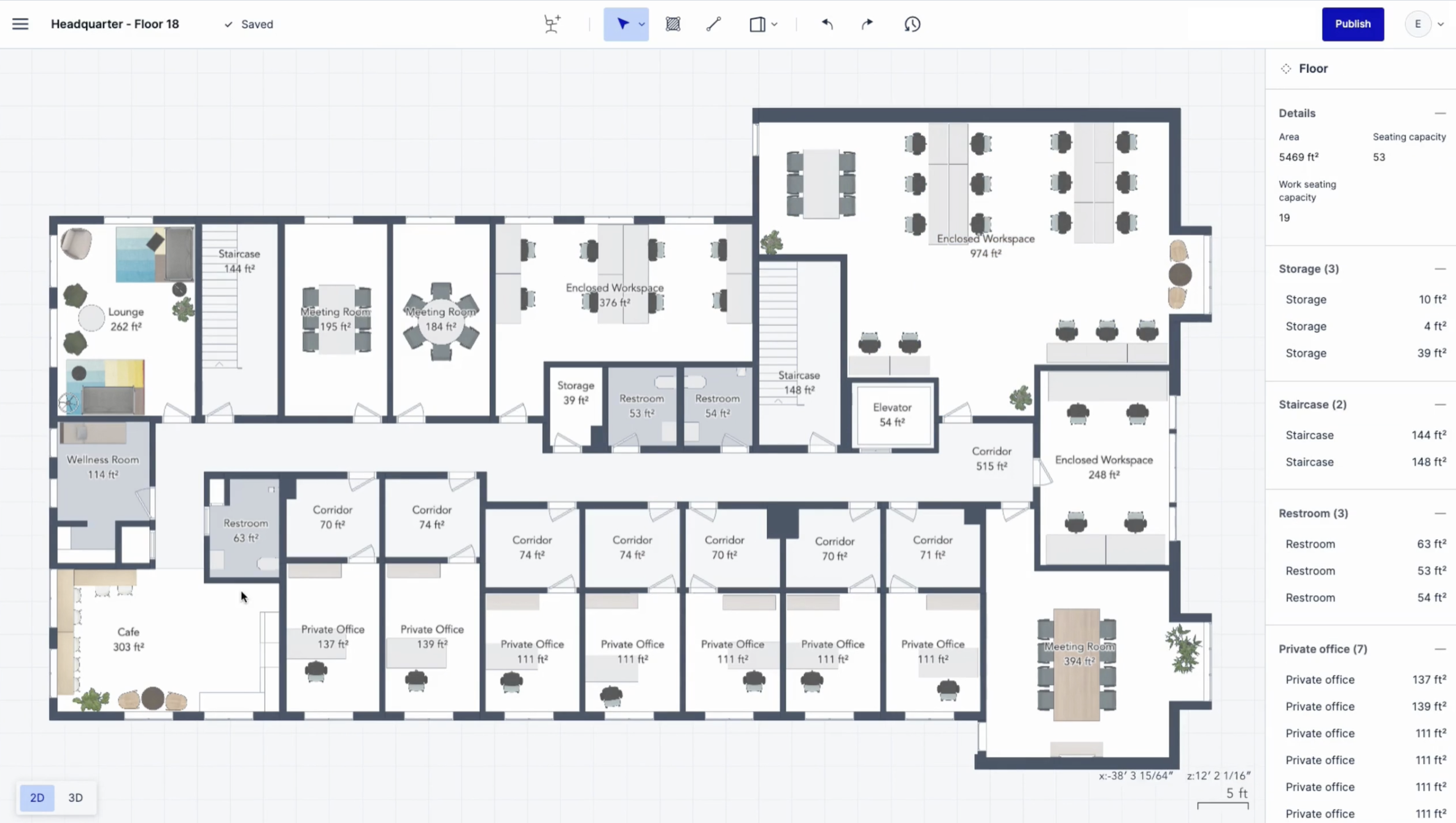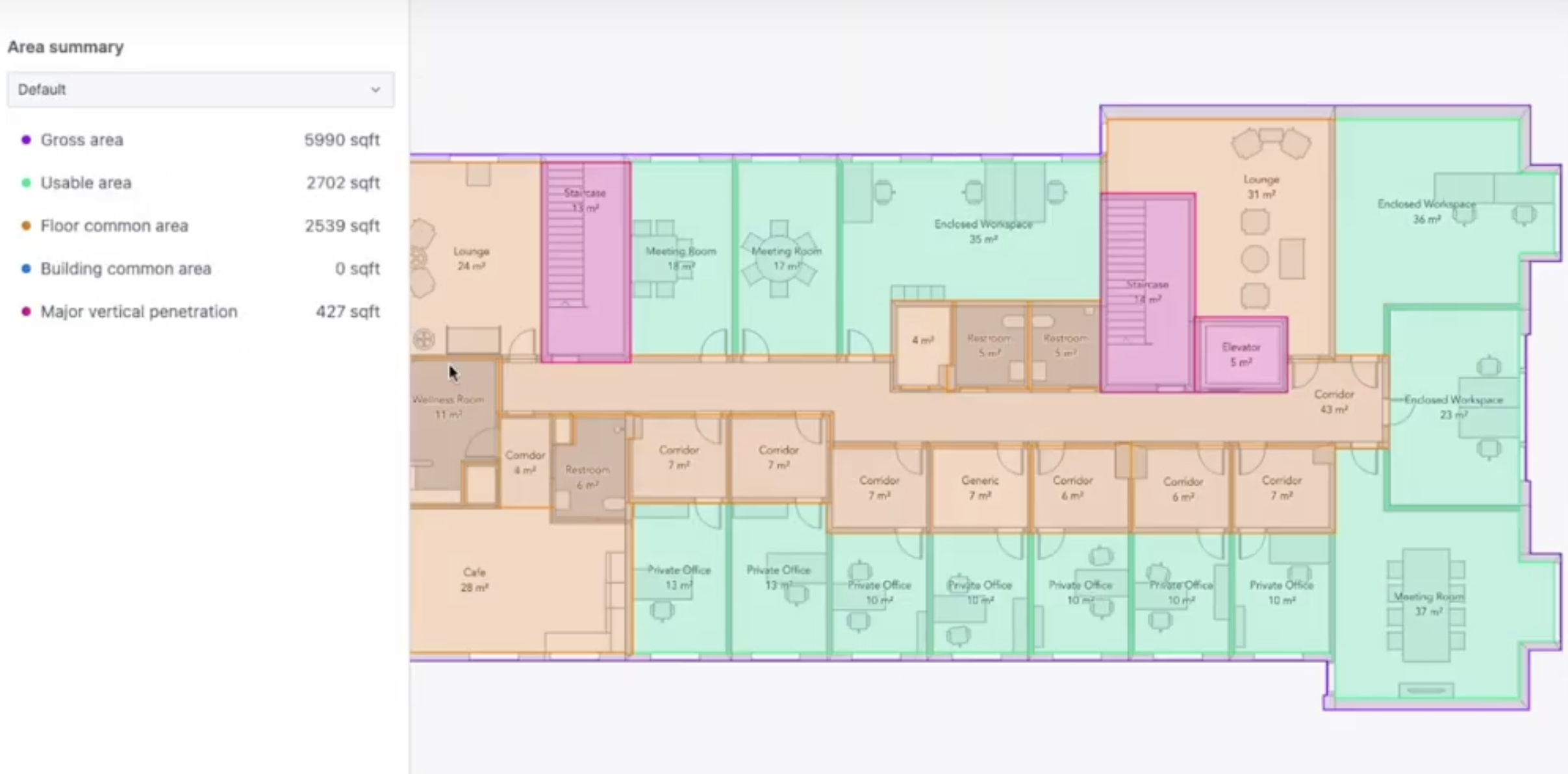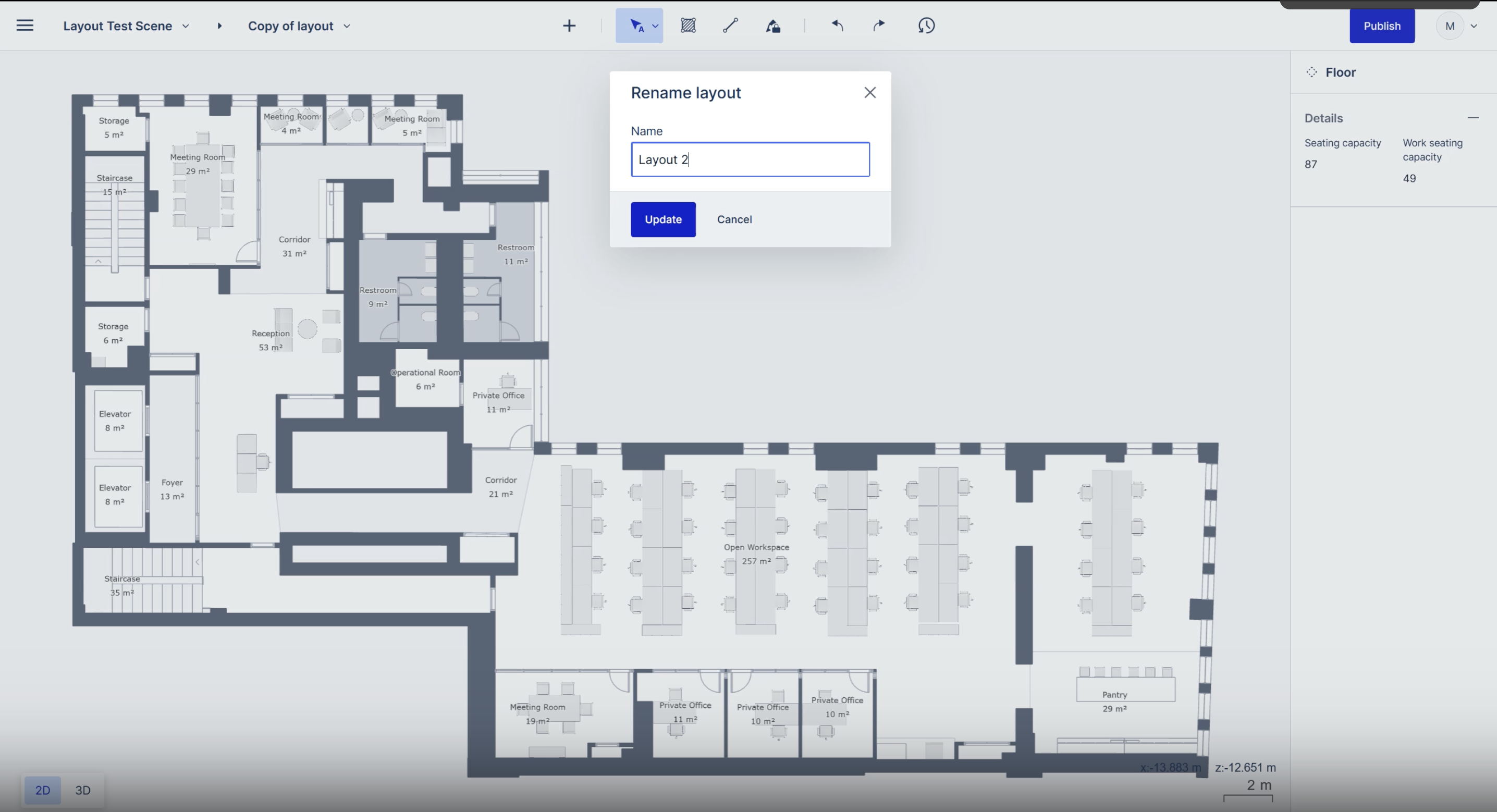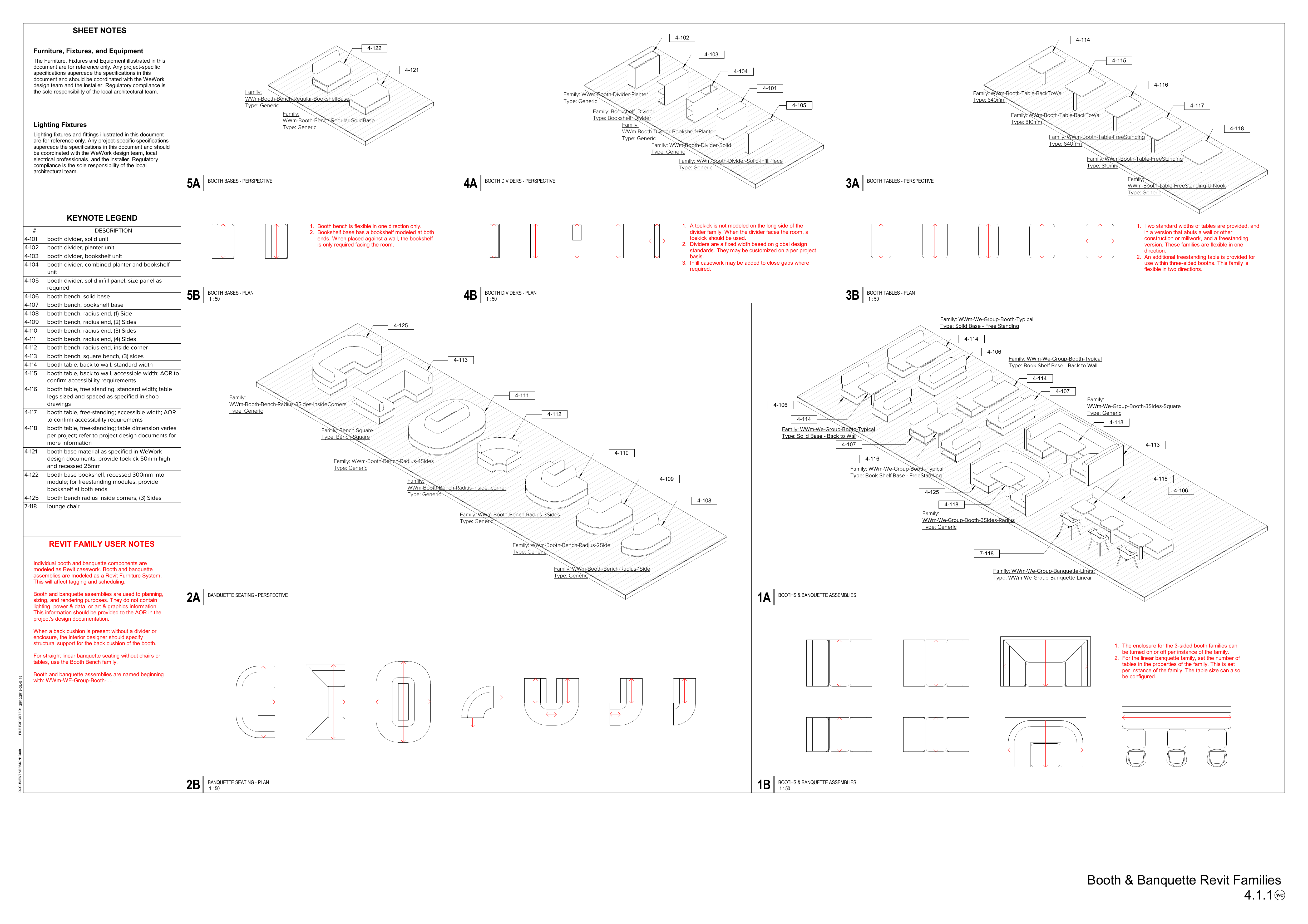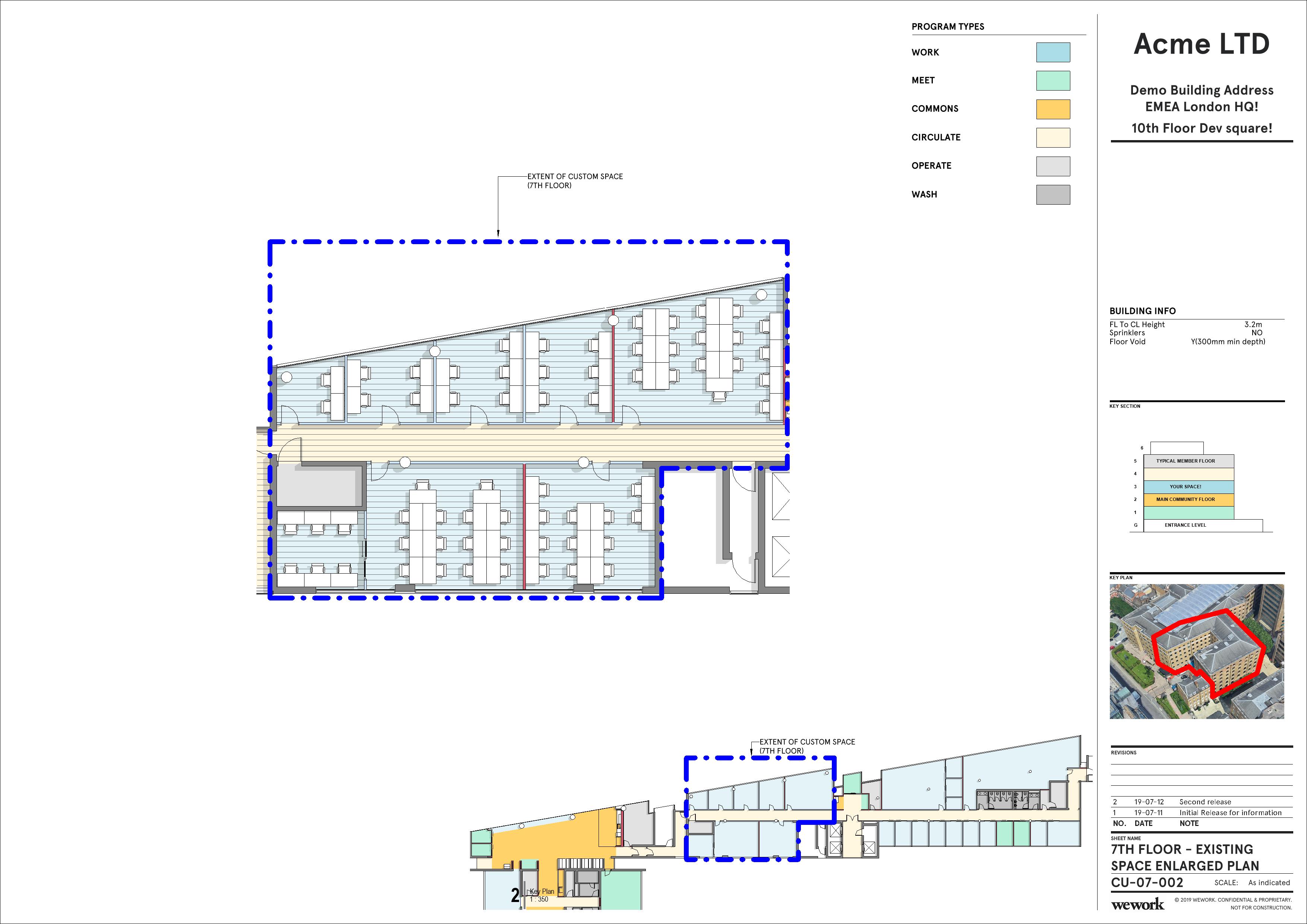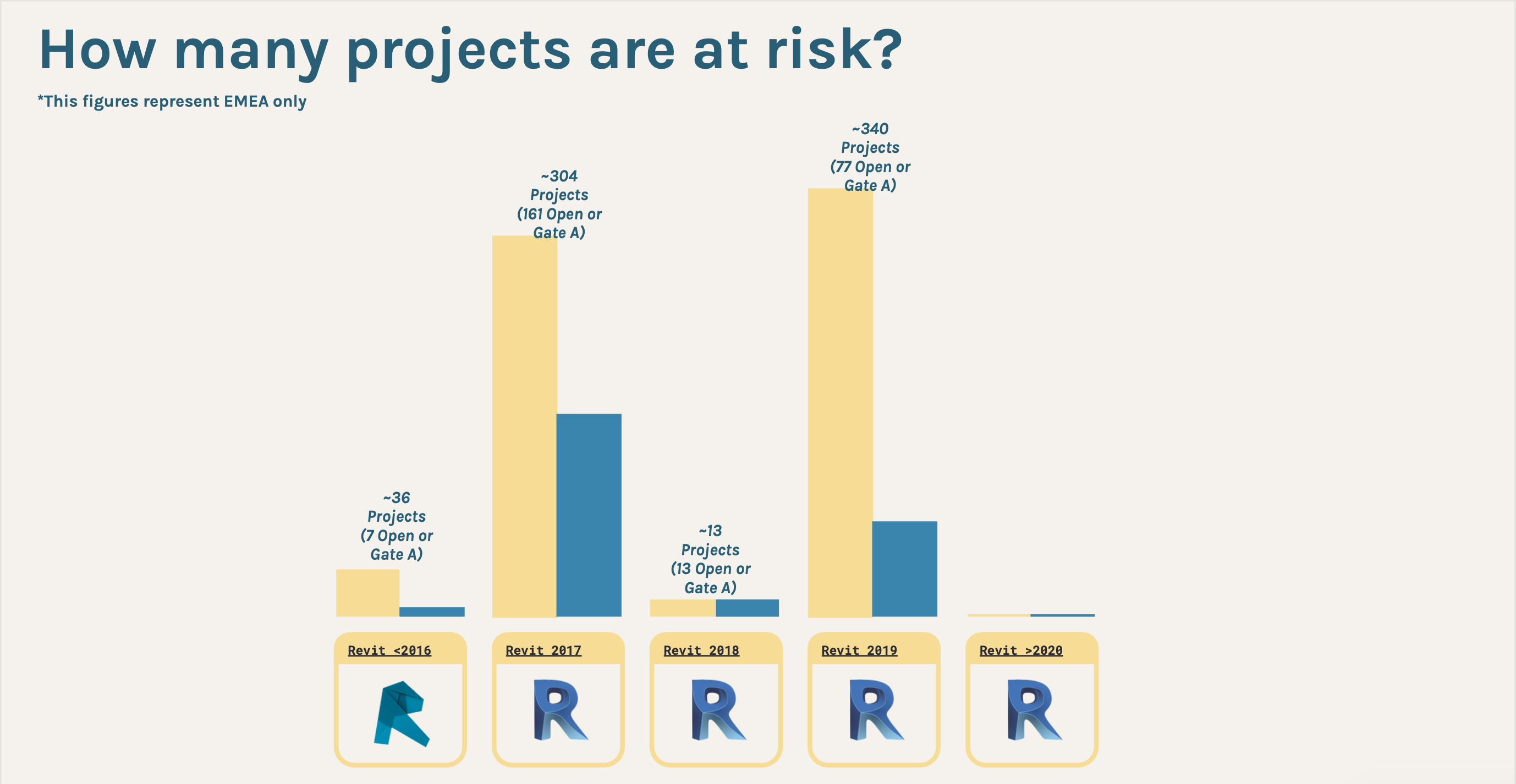Week 1 Breakdown
Day 1: Initial Investigation
- Japan Issue Reported: A user in Japan reports a software failure via our Jira ticketing platform.
- Initial Investigation: Reviewed the report, checked service status pages, and confirmed no provider outages.
- EMEA Impact: European and North American teams began reporting the same issue. Contacted network engineers suspecting a recent license renewal may be the cause.
- Communication Loop: Informed managers and VPs about the issue and ongoing efforts to triage it.
Day 2: Advanced Triage
- Japan Team Meeting: Learned from the Japan team that a deep uninstall process was suggested. Advised them to wait for my review.
- Information Collection: Collected detailed information from affected users using Jira, providing templates for specific data.
- Advanced Triage: Further calls with technical support and resellers did not find a resolution.
- Communication Loop: Continued to inform leadership about the progress.
Day 3: Identifying Key Factors
- Unaffected Group: Identified a franchise team using network licenses but managing their own hardware was unaffected.
- Emergency Calls: Scheduled calls with key IT leaders to discuss potential causes.
- VP Leverage: Utilized VP support to get key leaders on calls.
- Stakeholder Updates: Kept all stakeholders informed about findings and ongoing investigations.
Day 4: Escalating the Issue
- Service Blockage: The outage began severely impacting teams’ work.
- Running out of Options: Discussions revealed deep reinstall as the only viable solution.
- Litigation Hold: Legal restrictions prevented software uninstallation. Leveraged VP to push for a resolution.
- Communication Loop: Broadened information loop to sales and operations teams to alleviate pressure on effected users.
Day 5: Legal and Vendor Coordination
- Legal Restrictions: Confirmed with lawyers that litigation hold was still in place.
- Lawyers’ Call: Scheduled a call with vendor’s lawyers for urgent resolutions.
Week-by-Week Breakdown
Week 2: Compliance Resolution
- Agreement with Vendor: Reached an agreement to use a manual process in conjunction with their compliance app to collect logs directly from users.
- Initial Workflow Test: Worked with team members on critical projects to test the workflow for log collection, and run the process end to end.
Week 3: Automation and Initial Resolutions
- Automation Scripts: Developed PowerShell scripts to automate compliance checks and configured Jira for progress tracking.
- First Reports Sent: Submitted the first batch of reports to the vendor, applied pressure for quick responses.
Week 4: Final Resolution
- User Instructions: Provided users with detailed SOPs and scripts for the deep clean process, tracked progress via Jira.
- Resolution Achieved: Despite slow vendor responses, the issue was resolved. Regular updates ensured transparency and maintained trust.
- Close Out: Automated reports from Jira to monitor ticket burn down rates.
Conclusion
By systematically addressing the software failure, leveraging automation, and ensuring constant communication, I minimized downtime and restored normal operations, demonstrating effective problem-solving and leadership in crisis management.
No matching items
